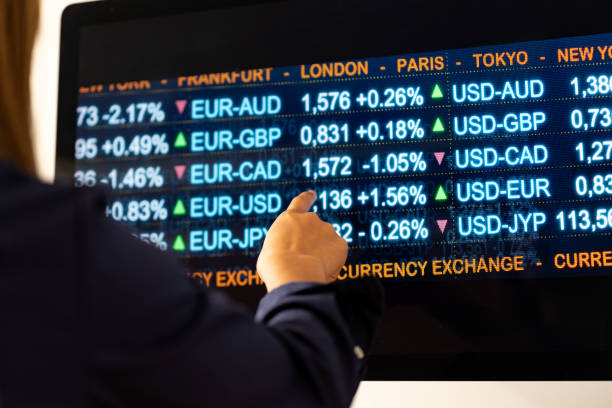The Futures: Understanding the Basics and How They Work!
Futures are financial contracts that obligate the buyer to purchase, or the seller to sell, an asset at a predetermined future date and price. These contracts are standardized and traded on organized exchanges, providing a way for participants to hedge against price fluctuations or speculate on future market movements. Let's delve into the basics of futures and how they operate.
Key Characteristics of Futures Contracts:
Standardization: Futures contracts are standardized agreements, specifying the quantity, quality, and delivery terms of the underlying asset. This standardization facilitates trading on organized exchanges.
Underlying Assets: Futures contracts can be based on a variety of underlying assets, including commodities (such as oil, gold, or wheat), financial instruments (like stock indices or interest rates), or even cryptocurrencies.
Expiration Date: Every futures contract has a specified expiration date, indicating when the contract must be fulfilled. Prior to expiration, traders can choose to close out their positions or roll them over into a new contract.
Leverage: Futures contracts typically require a margin, which is a fraction of the contract's total value. This allows traders to control a large position with a relatively small amount of capital, amplifying both potential gains and losses.
How Futures Work:
Market Participants:
Hedgers: These participants use futures contracts to mitigate the risk of adverse price movements in the underlying asset. For example, a farmer might use futures to lock in a selling price for a future crop.
Speculators: Traders who aim to profit from price movements without an interest in the underlying asset often engage in speculative futures trading.
Opening a Position:
Long Position: The buyer (or "going long") commits to purchasing the underlying asset at the agreed-upon price when the contract expires.
Short Position: The seller (or "going short") commits to selling the underlying asset at the agreed-upon price when the contract expires.
Marking to Market:
Each day, the exchange "marks to market" open futures positions. Profits and losses are settled daily, with gains or losses reflected in the trader's margin account.
Contract Settlement:
Upon expiration, futures contracts are settled either through physical delivery of the underlying asset (for commodities) or through a cash settlement. Most futures contracts are cash-settled, as physical delivery can be complex.
Risk and Considerations:
Leverage Risk: While leverage can amplify profits, it also magnifies losses. Traders should manage their positions carefully to avoid excessive risk.
Market Risk: Futures markets are influenced by various factors, including economic indicators, geopolitical events, and market sentiment. Understanding these factors is crucial for successful trading.
Rolling Over Contracts: Traders holding positions near expiration may choose to roll over their contracts by closing the current one and entering into a new contract with a later expiration date.
In conclusion, futures provide a versatile financial instrument for risk management and speculation. Traders and investors should thoroughly understand the intricacies of futures markets and the associated risks before engaging in trading activities.








